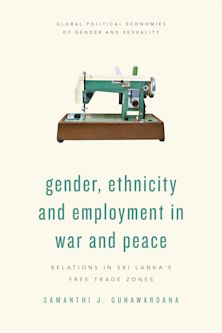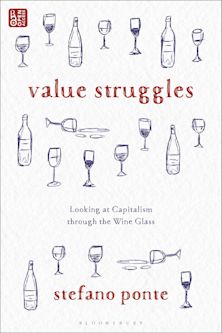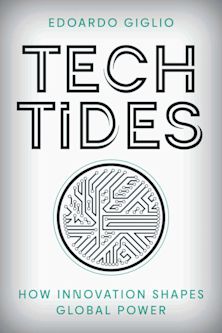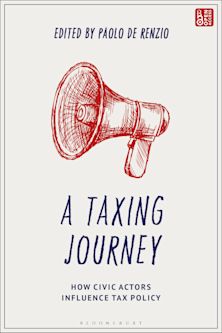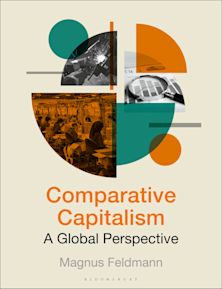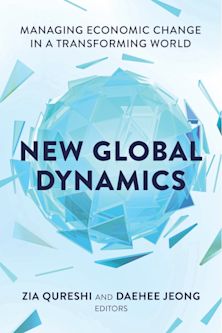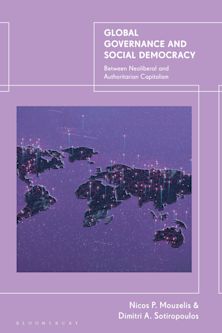Geopolitics, Trade Blocks, and the Fragmentation of World Commerce
Geopolitics, Trade Blocks, and the Fragmentation of World Commerce
This product is usually dispatched within 1 week
- Delivery and returns info
-
Free US delivery on orders $35 or over
Description
The global economic edifice built after World War II is a source of unprecedented prosperity. It cannot function without open and predictable international trade, and the peaceful international relations that are its foundation. The rules that enable trade are under attack. Social divisions and great power rivalry have eroded the political support for open trade. The consequence is fragmentation of world trade, its separation into blocks that advance domestic producers or favored nations nearby. These blocs are themselves often pulled apart by competing agendas. The prospects are for vastly reduced economic efficiency and - most ominously - heightened geopolitical tensions. The questions about why this is happening, how economic fragmentation will evolve, and how to respond to it, are uppermost in the minds of policymakers and businesses across the world. These are the questions that Uri Dadush seeks to answer. Since the uncertainty cannot be dispelled, it must be better managed.
Table of Contents
Part I: Threats to the Rules-Based Trading System, and its Staying Power
Chapter 1: The WTO at the Crossroads
Chapter 2: The Persistence of Globalization
Chapter 3: The Resilience of Global Value Chains
Chapter 4: Protectionism Contained – For Now…
Part II: Fragmentation and its Consequences
Chapter 5: The Preferential Trend
Chapter 6: The Shape of Fragmentation
Part III: The Centrality of China-US Relations for the Survival of the Rules-Based Trading System
Chapter 7: How the United States Created the Rules-Based Trading System and Changed its Mind
Chapter 8: The Trump-Biden Trade Policy
Chapter 9: Does China Fit?
Chapter 10: China's Trade Policy
Part IV: The Policy Agenda
Chapter 11: Preserving The Trading System
Conclusion: The Tortuous Road Ahead
Product details
| Published | Sep 15 2024 |
|---|---|
| Format | Hardback |
| Edition | 1st |
| Extent | 226 |
| ISBN | 9781666929362 |
| Imprint | Lexington Books |
| Illustrations | 10 Tables, 18 BW Illustrations |
| Dimensions | 0 x 0 inches |
| Publisher | Bloomsbury Publishing |
Reviews

ONLINE RESOURCES
Bloomsbury Collections
This book is available on Bloomsbury Collections where your library has access.











